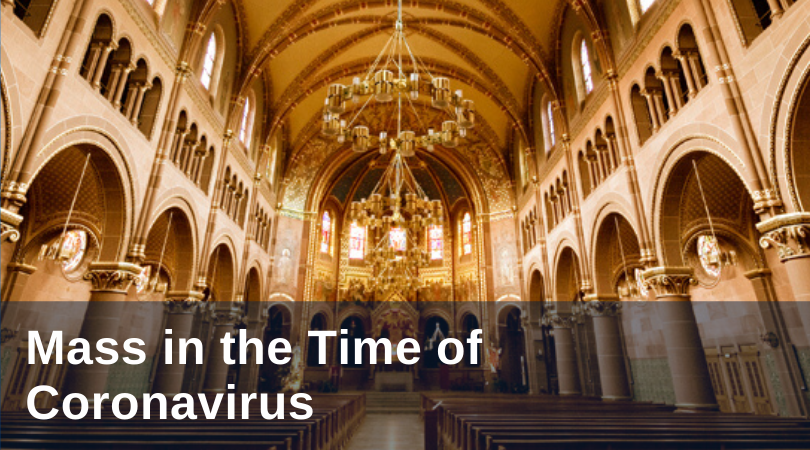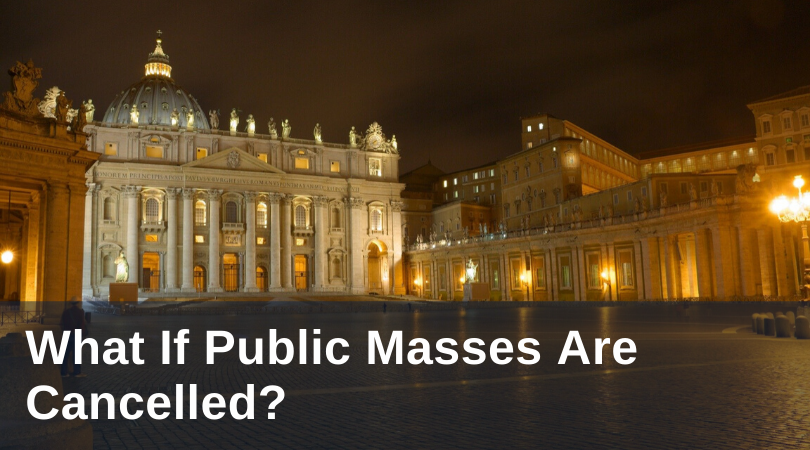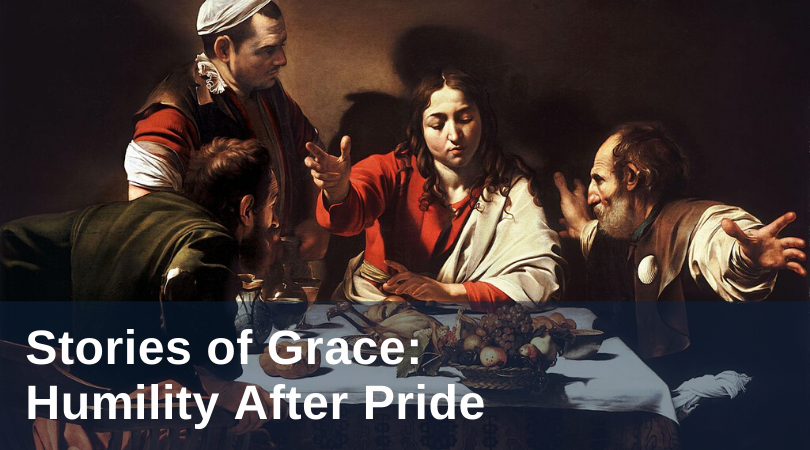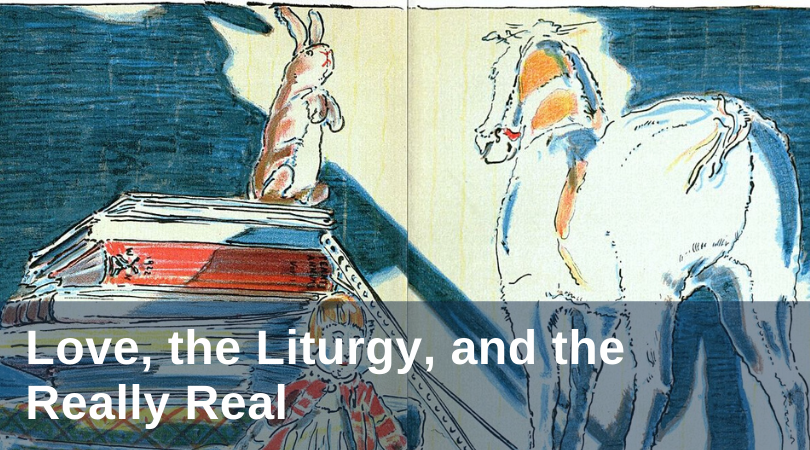For many dioceses in the United States, as of today, public celebrations of the Mass have been suspended. In a post published just two days ago, Tim O’Malley affirmed that, even if we cannot attend Mass, we can still participate in the Eucharistic sacrifice of Jesus, and indeed, that our sadness over not being able to attend Mass “is itself the Eucharistic sacrifice that many of the baptized will be called to offer.”
Topics: communion, Eucharist, Lent, sacrifice, coronavirus, COVID-19 Resources
The degree to which Catholics love the Mass has never been more evident than in Catholic Twitter’s reaction to liturgical adjustments made because of the Coronavirus outbreak. The cancellation of the Eucharist in Rome has led many to wonder how the faithful can survive without regular celebration of the Mass in their presence, the reception of Holy Communion as a way of receiving grace in these trying times. Our longing to receive the Eucharist during this time, to hear the Holy Scriptures, and spend time with one another in Christian community is a sign that our identity as Catholics is closely tied to the Eucharist.
Topics: Easter, Eucharist, Lent, Mass, sacrifice, coronavirus, Catholic Twitter, COVID-19 Resources
On the 29th morning of October in the year 1994, my mother lost her favorite rosary when she flung it across the hospital room and broke my father’s hand as she gave birth to a beautiful baby boy. They named him John after John the Baptist because, like Elizabeth, my mother had given birth to her first child later in life. They brought him back home to love and cherish forever.
Topics: Eucharist, stories of grace, RCIA
Editorial Note: This post is an excerpt from a presentation entitled “What’s Really Real? On Catholic Education and the Eucharist” presented by the author to Catholic school teachers of the Diocese of Fort Wayne–South Bend.
Liturgical theology confesses that creation is still in motion. Creation is not a past event, it is a present and on-going event. Each moment comes from God’s hand. Don’t say “God created;” say “God is creating.” He does so, as Gaudium et Spes said, with stability, proper laws, and order, making his creation susceptible to investigation. History unfolds within this stable order, and history is made of personal encounters. We have them with each other; and salvation history witnesses to personal visitations by God, as well. A liturgical view of the world sees a personal will behind all things, and that means all things are in process, because relationships grow as the one discloses himself more completely to the other.
Topics: asceticism, Eucharist, Lent, liturgy, love, The Velveteen Rabbit





